To stand out in the sea of booths at Taipei Game Show’s Indie House, you need to have something pretty eye-catching. In this game’s case, it was its incredible title, I Write Games Not Tragedies, which acted as a clarion call to every former emo Millennial in a mile-wide radius.
So, me. Though I never called myself emo as a teenager (even then, I was aware it was cringe to do so), I listened to enough of the music and had enough teenage angst that I am now, de facto, a reformed emo loser who still recognises an obvious Panic! at the Disco reference at my big age of 30.
Its rough, sketchy art style is so reminiscent of early DeviantArt that it sent a chill down my spine.
A Narrative To Cringe For
I Write Games Not Tragedies leans into the cringe of being an emo teen, but its story is far more complex than that description implies. You play as Ash, seeing different times of his life through his own eyes. Ash, like many teenagers, has a lot of emotional pain that he struggles to describe with words, which is why he turns to angry, emotive music to express himself. He feels stuck on the periphery of society, desperate to belong but unsure how to get there when he feels like he’s so different from everybody else.
We see him begin to learn a difficult lesson: it’s easy to victimise yourself into believing nobody understands you when you react to everybody who is more socially graceful than you with thinly veiled hostility. It’s much easier to form real connections when you’re nice to people, even more popular, cooler kids than you. It’s humbling to watch Ash figure this out in real time, especially if you’ve had to learn that lesson yourself.
But that pain doesn’t fade as he enters adulthood – while other people, fans of the same music, seem to struggle less with being a person who exists in the world, Ash begins to abuse alcohol and feels like his life is going nowhere. Eventually, he manages to get sober, but it’s how he gets there that’s the interesting part.
Scream Your Heart Out
I Write Games is mostly visual novel, allowing you to pick how Ash responds to other characters as they make bids for connection with him. As an adult who’s past the need to reject kindness to assert my own individuality, I chose to make Ash reciprocate friendliness, but I’m interested in seeing what would happen if I continued Ash’s hostility to other people when they tried to reach out.
The other half of its gameplay is inherently tied to the music that soundtracks Ash’s life and bad moods. These minigames themselves are simple and familiar to anyone who’s ever played a rhythm game – hit the lyrics to the beat. There’s a twist, though. Once you hit the chorus, you’re encouraged to sing (or scream) along with the lyrics to rack up more points and hit a higher score.
As I was playing the demo in a crowded convention hall, I opted not to do this, but I imagine it might be cathartic if I did do this in the privacy of my own home.
I wouldn’t go so far as to say the songs are objectively good, but I don’t think they’re meant to be. If you’ve ever gone back and listened to the music that you used to cry to when you were 14, you might have noticed that they’re not always great songs. The music in I Write Games is over-dramatic and lacking polish, but sometimes it referenced real-life songs that I recognised in such unexpected ways that I laughed out loud. It’s cringe, and that’s the entire point.
I Write Games isn’t an easy play, especially if, like me, you were a sad teen that turned into a sad adult with a history of substance abuse issues. It perfectly emulates the experience of looking back at your younger self with amusement, maybe even some disgust and resentment, knowing that this version of yourself didn’t even have all that much to be worried about (they didn’t even pay rent!), and then realising that you should have some sympathy for them, because their pain was very real, even if it was less rationally motivated.
I Write Games Not Tragedies is slated for an Early Access release in February and a full release in March. You can wishlist it on Steam here.
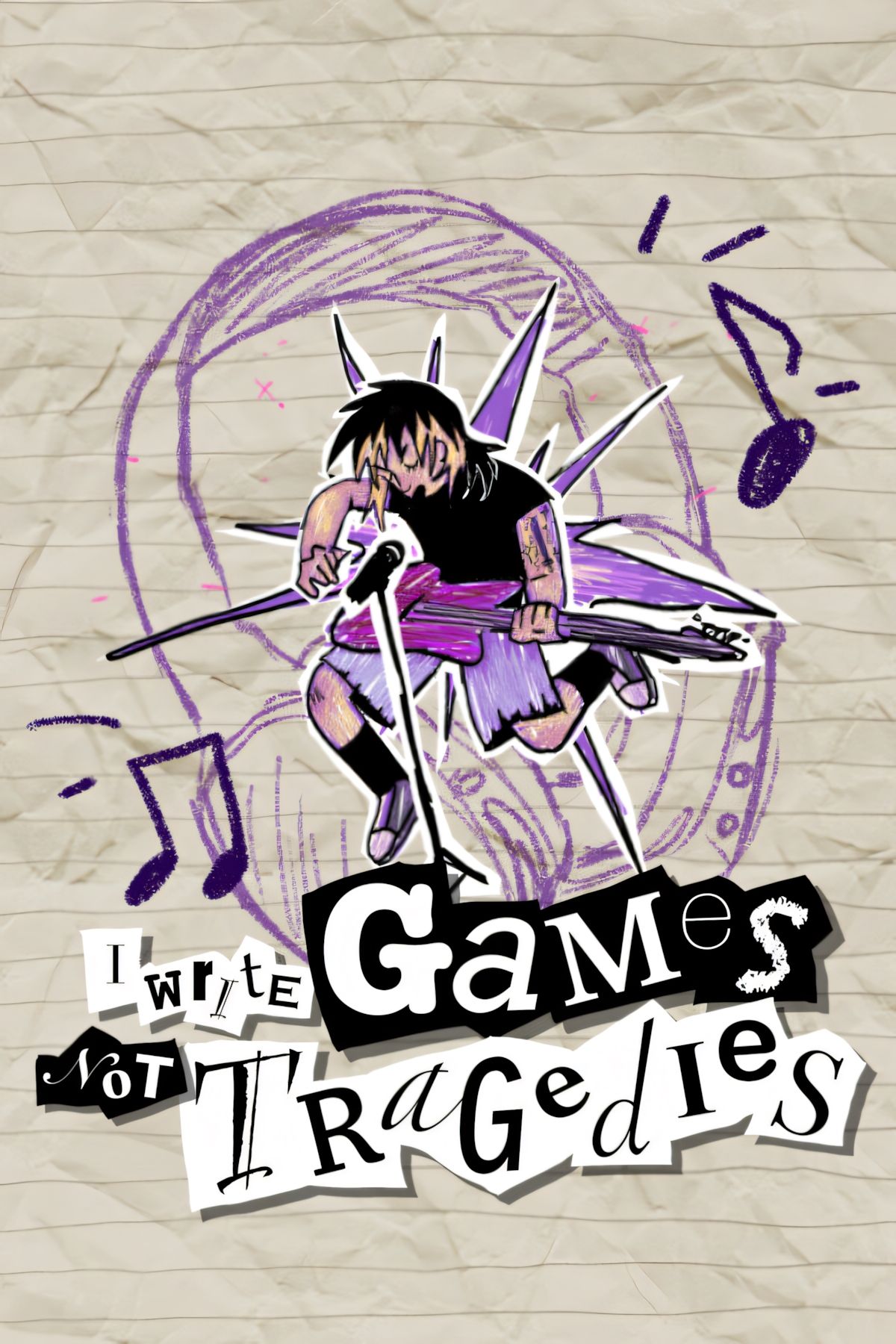
- Developer(s)
-
Studio Wife
- Publisher(s)
-
Studio Wife
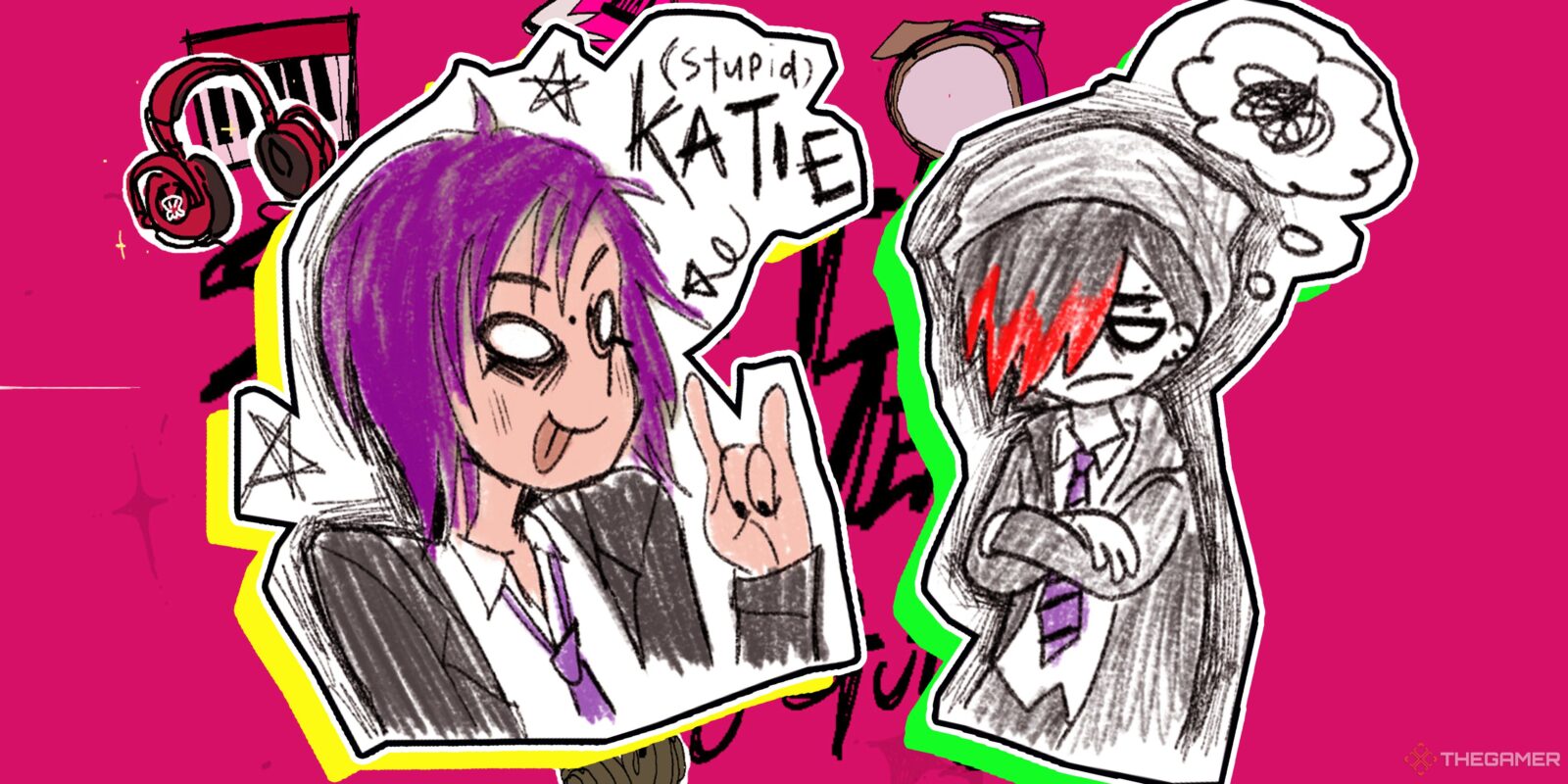



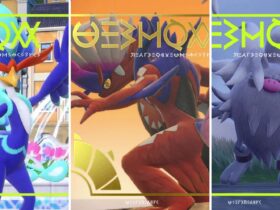


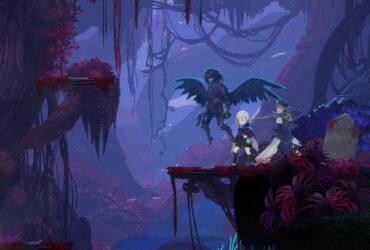

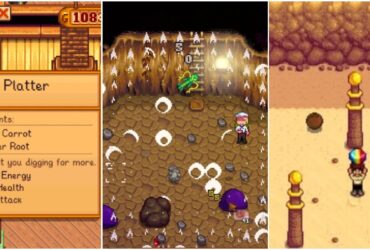
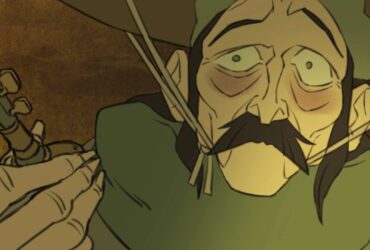

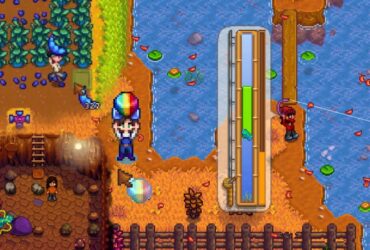
Leave a Reply